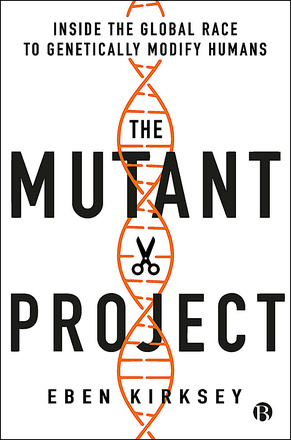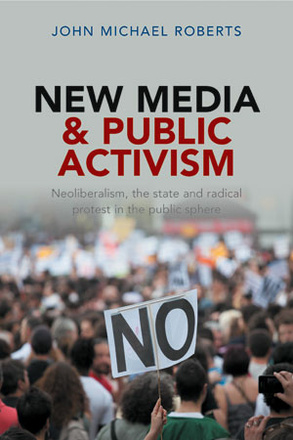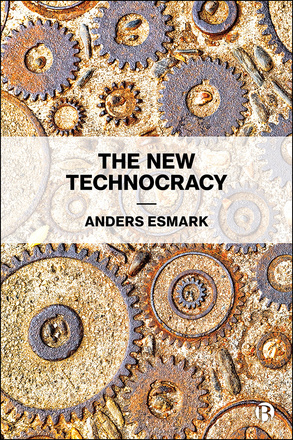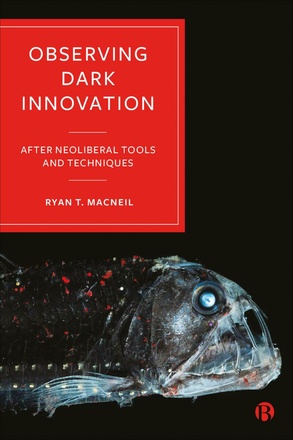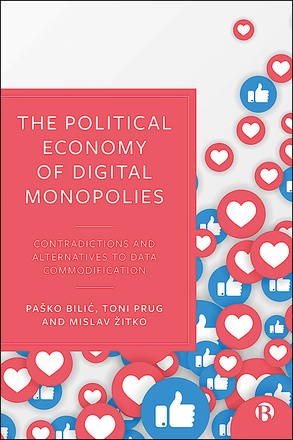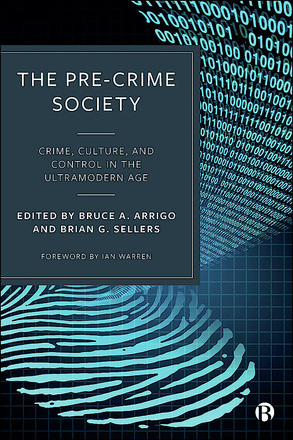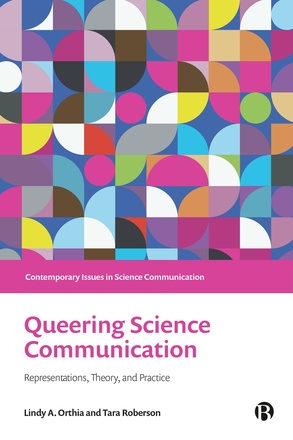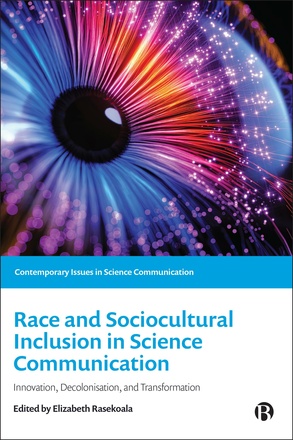Science, Technology and Society
The Mutant Project
Inside the Global Race to Genetically Modify Humans
An anthropologist visits the frontiers of genetics, medicine, and technology to ask: whose values are guiding gene-editing experiments, and what are the implications for humanity?
New Media and Public Activism
Neoliberalism, the State and Radical Protest in the Public Sphere
In this highly topical book, John Michael Roberts employs a political economy perspective to explore the relationship between financial neoliberal capitalism and digital publics. He offers an indispensable guide to understanding the relationship between the state, new media activism and neoliberal practices.
The New Technocracy
Setting a new benchmark for studies of technocracy, this book shows that a solution to the challenge of populism will depend as much on a technocratic retreat as democratic innovation.
Observing Dark Innovation
After Neoliberal Tools and Techniques
Why does scholarship on innovation tend to fixate on particular classes of technology while neglecting others? This book shows how common methodological tools and techniques of innovation carry neoliberal market biases that dominate the field. It is a resounding call for critical scholars to rethink the organisation of the discipline.
Online Child Sexual Victimisation
Focusing on online facilitated online sexual abuse, this book takes a rigorous approach to existing literature to address some of the most pressing public and policy questions on this type of abuse. It examines which children are most vulnerable, how their vulnerability is made, what they are vulnerable to and how we can foster resilience.
Parenting in an Algorithm Age
Parents talking algorithms and parenthood, amidst datafication
Platform Politics
Corporate Power, Grassroots Movements and the Sharing Economy
This book charts the rise and fall of the ‘sharing economy’, the controversial lobbying tactics used by the central companies and the backlash seen so far. It offers key policy recommendations and presents state-of-the-art knowledge around the past, present and future of the platform economy.
The Political Economy of Digital Monopolies
Contradictions and Alternatives to Data Commodification
As outrage over the socially damaging practices of technology companies intensifies, this book asks what it actually means to hold a 'monopoly' in the tech world and offers an in-depth analysis of how these corporate giants are produced, financialized, and regulated.
The Pre-Crime Society
Crime, Culture and Control in the Ultramodern Age
We live in a pre-crime society where technological strategies and techniques are employed to achieve hyper-securitization. Exploring theories, technologies and institutional practices, this pioneering book explains how the pre-crime society operates in the ‘ultramodern’ age and proposes new directions in crime control policy.
The Production of Everyday Life in Eco-Conscious Households
Compromise, Conflict, Complicity
Drawing on qualitative fieldwork, this book sheds much-needed light on how sustainability-oriented households balance priorities and get things done in day-to-day life, offering crucial insights about eco-conscious living at an individual level.
Queering Science Communication
Representations, Theory, and Practice
Written by leading experts, this collection examines representations of queerness in popular science and media, asks what it means for the field to ‘queer’ science communication theories and research agendas and offers practical examples and case studies for fostering radical inclusivity and equity in the science communication field.
Race and Sociocultural Inclusion in Science Communication
Innovation, Decolonisation, and Transformation
This radical volume disrupts circular debates around diversity, equity, and inclusion in science communication to address the gaps in the field. Bringing to the fore marginalised voices of so-called 'racialised minorities', and those from Global South regions, it interrogates the global footprint of the science communication enterprise.







